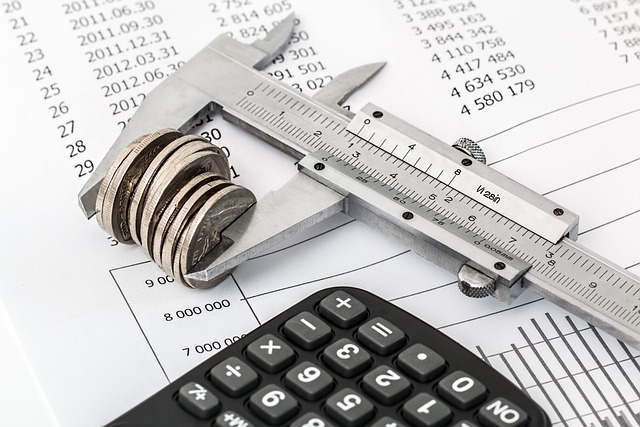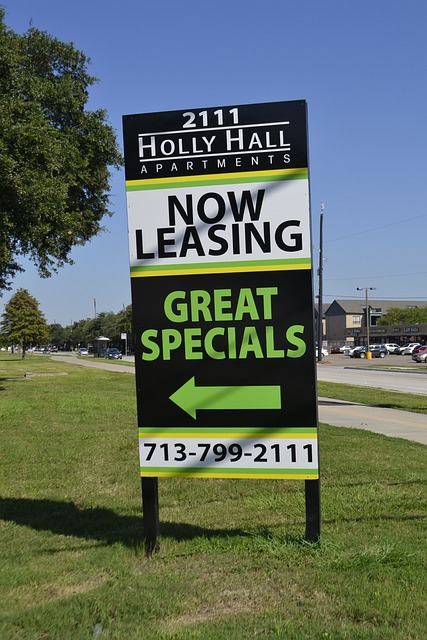Conducting a comprehensive cost analysis is vital for individuals deciding between leasing and buying property, as it reveals long-term financial prospects. Leasing offers immediate tax benefits, flexibility, and lower upfront costs but lacks asset ownership. Buying provides significant advantages like building equity, potential appreciation, and tax deductions over time. Tax considerations, particularly depreciation and interest payments, significantly impact decisions, influencing both short-term convenience and long-term financial goals.
In today’s financial landscape, deciding between leasing and buying is a significant choice. This article offers a comprehensive cost analysis of these options, breaking down short-term leasing benefits like flexibility versus long-term buying advantages and financial implications. We delve into crucial factors such as tax considerations and the impact on asset ownership. Understanding these dynamics is essential for making an informed decision that aligns with your financial goals.
- Understanding Cost Analysis: A Comprehensive Look
- Leasing Benefits: Short-Term Advantages and Flexibility
- Buying Advantages: Long-Term Financial Implications
- Tax Considerations: How They Shape Your Decision
- Asset Ownership: The Ultimate Financial Goal and Its Alternatives
Understanding Cost Analysis: A Comprehensive Look
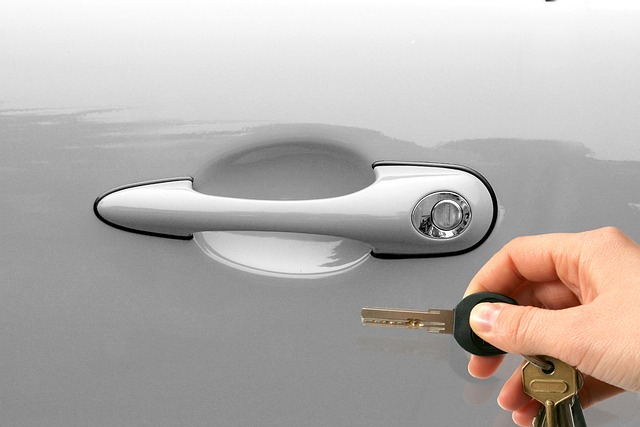
Understanding Cost Analysis: A Comprehensive Look
When considering whether to lease or buy a property, a thorough cost analysis is essential. This involves examining all financial aspects, from upfront payments to ongoing expenses, and includes both leasing benefits and buying advantages. Tax considerations play a significant role in shaping the overall picture; incentives like depreciation deductions for owners can drastically impact financial implications. By delving into these details, individuals gain valuable insights into their long-term financial health and asset ownership prospects.
A comprehensive cost analysis compels decision-makers to weigh the benefits of leasing, such as flexibility and lower initial costs, against the advantages of buying, including building equity and potential appreciation. It encourages a nuanced perspective by acknowledging that financial decisions are not one-size-fits-all. Every situation is unique, and careful consideration of these factors ensures an informed choice tailored to individual circumstances.
Leasing Benefits: Short-Term Advantages and Flexibility

Leasing offers a range of short-term advantages that can be attractive to businesses and individuals alike. One of the key leasing benefits is flexibility; it allows for easier adjustments to changing business needs. This is particularly advantageous for startups or companies with dynamic growth patterns, as they can swiftly modify their fleet or equipment without the long-term commitment of buying. For instance, a fast-growing tech startup might require more servers during peak development phases and then scale down when launching a product. Leasing enables them to do this without incurring the substantial upfront costs of purchasing new hardware every few months.
Another leasing benefit relates to tax considerations and financial implications. Many lease agreements offer significant tax advantages by treating leased assets as operating expenses, which can lower taxable income. This differs from buying, where the cost of an asset is depreciated over time, impacting profit margins. Additionally, leasing avoids the substantial upfront costs associated with purchasing, providing more immediate cash flow availability and potentially freeing up capital for other strategic investments or business expansions.
Buying Advantages: Long-Term Financial Implications
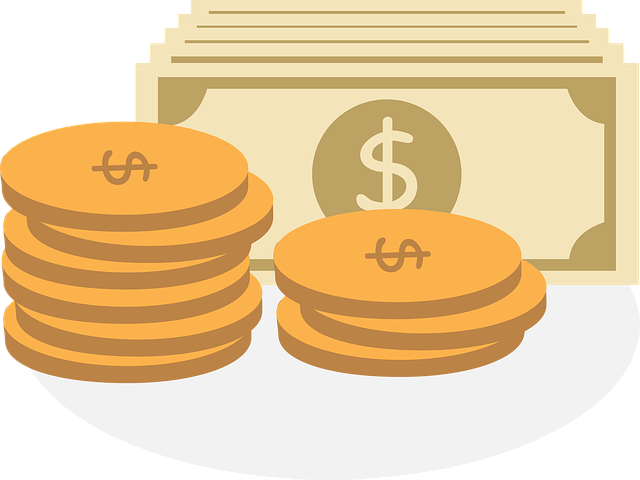
When considering a cost analysis between leasing and buying, understanding the long-term financial implications of each option is crucial. One of the significant advantages of buying a property is the potential for substantial financial gains over time. As an owner, you have the opportunity to build equity by paying off your mortgage, which can be a valuable asset. Over the years, property values often appreciate, allowing homeowners to profit from this increase in value when they decide to sell.
Additionally, tax considerations play a vital role in understanding buying advantages. Homeowners may benefit from tax deductions on interest payments and property taxes, significantly reducing their overall financial burden. This is especially advantageous for those who plan to stay in their homes for an extended period, as it can lead to substantial savings over the long term. Unlike leasing, where these costs are typically passed on to the tenant, buying a property grants you control over your financial future and the potential for significant wealth generation through asset ownership.
Tax Considerations: How They Shape Your Decision
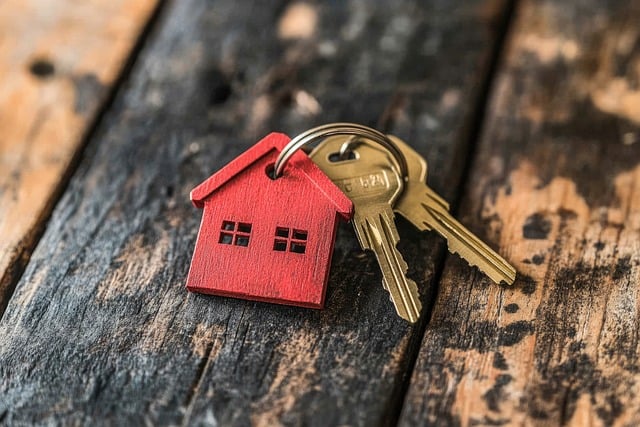
When considering a lease versus buy decision, understanding the tax implications is crucial. Tax considerations significantly shape your financial strategy and can offer both advantages and benefits depending on whether you opt for leasing or purchasing an asset.
Leasing allows for potential tax deductions on operating expenses such as maintenance and insurance, which can lower your overall costs in the short term. On the other hand, buying an asset often results in a larger upfront expense but may provide long-term advantages through depreciation deductions and the eventual ownership of the property, which can have substantial financial implications. Weighing these tax considerations is essential when performing a cost analysis to ensure you make an informed decision that aligns with your financial goals and overall asset management strategy.
Asset Ownership: The Ultimate Financial Goal and Its Alternatives

In the realm of personal finance, asset ownership holds a prominent place as the ultimate financial goal for many individuals. It represents the tangible result of one’s hard work and investments, offering both security and potential for future growth. Traditionally, owning assets like real estate or vehicles has been seen as a marker of success and financial stability. However, in today’s dynamic economic landscape, leasing emerges as a viable alternative, particularly when considering the broader spectrum of financial health and flexibility.
While buying confers long-term asset ownership and potential equity accumulation, it also comes with substantial upfront costs and ongoing financial obligations. In contrast, leasing provides immediate access to desired assets without the burden of full ownership, offering various benefits such as lower initial expenses, flexible terms, and potential tax advantages. When conducting a cost analysis between leasing and buying, individuals must weigh these alternatives against their specific financial goals, considering both short-term convenience and long-term financial implications. Tax considerations also play a significant role, impacting the overall financial picture and shaping decisions regarding ownership versus leasing.
